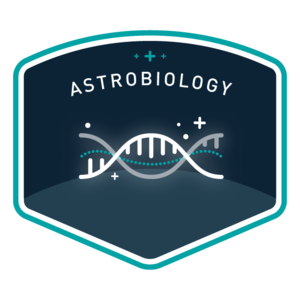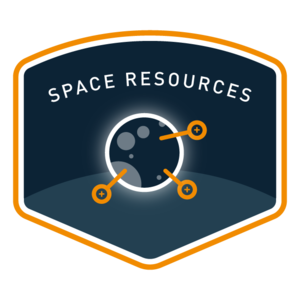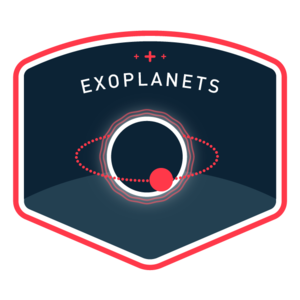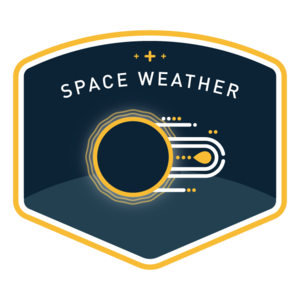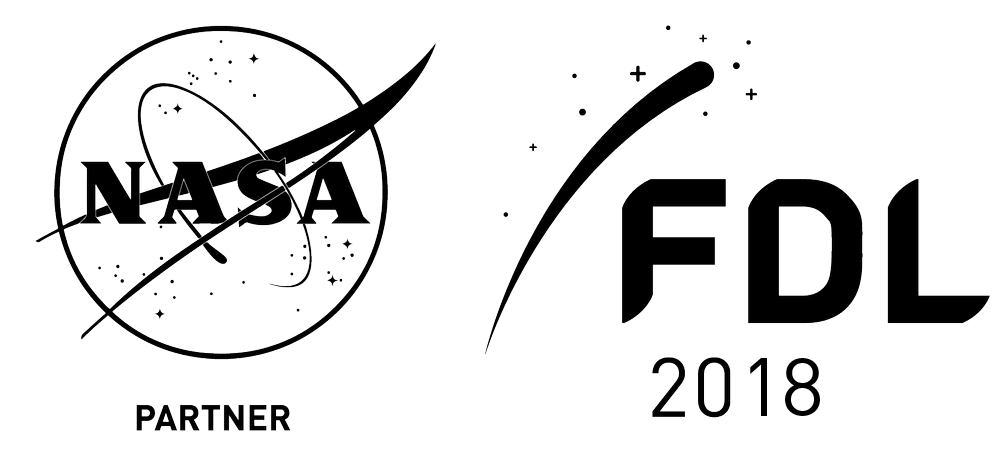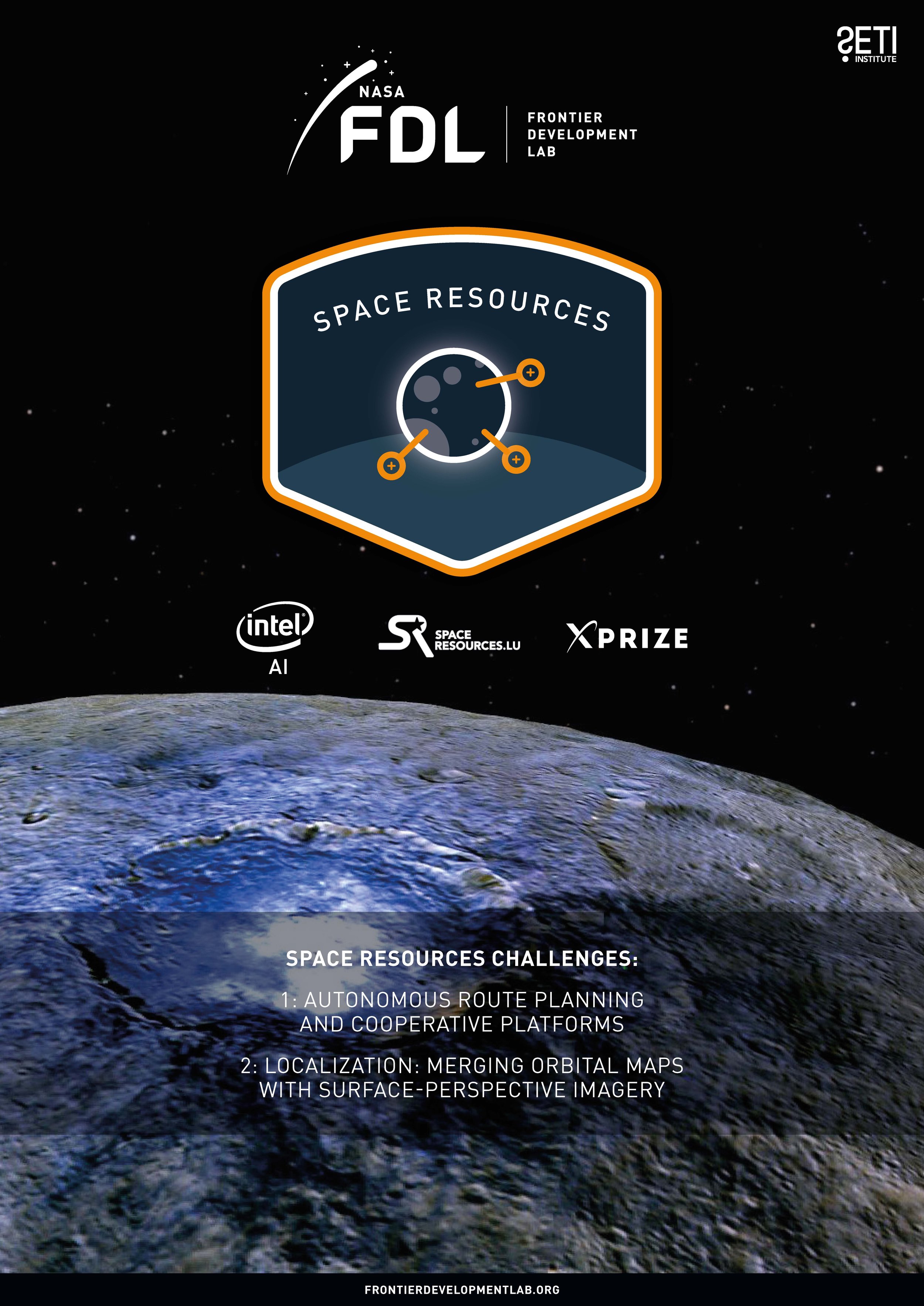RESEARCH
In 2018 FDL 3.0 was expanded to include nine teams studying four core topics. The teams will explore challenges within the following disciplines: space resources, exoplanets, space weather, astrobiology and Earth observation (at FDL Europe).
ASTROBIOLOGY: Co-Evolution of Extraterrestrial Atmopshere & Alien Biosphere
-
Using machine learning to study E.T. biospheres - BIB Authors: A. Bella, A. Choprab, W. Fawcettc, R. Talebid, D. Angerhausene, A. Bereaf, N.A. Cabrolf, C. Kempesh, M. Mascaro
EXO-ATMOS: A Scalable Grid of Hypothetical Planetary Atmospheres - DOI - Abstract Authors:Aditya Chopra, Aaron C Bell, William Fawcett, Rodd Talebi
-
49th Lunar and Planetary Science Conference 2018-Astrobiology - Advancing Astrobiology through public/private partnerships: the FDL model
Authors: N.A. Cabrol, W.H. Diamond, N. Altaf, J. Bishop, S.L. Cady, L. Fenton, N. Hinman, S. Jain, A. Lowndes, G.Mackintosh, J. Moersch, K. McGivern, N. Noffke, M. Phillips, B. Poduval10, K. Warren-Rhodes, and J. Parr
NeurIPS 2018 CiML - Using machine learning to study E.T. biospheres
Authors: A. Bella, A. Choprab, W. Fawcettc, R. Talebid, D. Angerhausene, A. Bereaf, N.A. Cabrolf, C. Kempesh, M. Mascaro
AbSciCon 2019 - EXO-ATMOS: A Scalable Grid of Hypothetical Planetary Atmospheres
Authors:Aditya Chopra, Aaron C Bell, William Fawcett, Rodd Talebi
-
-
Co-Evolution of Extraterrestrial Atmopshere & Alien Biosphere
Authors: A. Bella, A. Choprab, W. Fawcettc, R. Talebid
Mentors: D. Angerhausene, A. Bereaf , N.A. Cabrolg, C. Kempesh, M. Mascaroi
ASTROBIOLOGY: From Biohints to Confirmed Evidence of Life
-
The Astrophysical Journal Letters - An Ensemble of Bayesian Neural Networks for Exoplanetary Atmospheric Retrieval - DOI - ArXiv DOI - Uni Oxford
Adam D. Cobb, Michael D. Himes, Frank Soboczenski, Simone Zorzan, Molly D. O'Beirne, Atılım Güneş Baydin, Yarin Gal, Shawn D. Domagal-Goldman, Giada N. Arney, Daniel Angerhausen
-
Astrobiology Science Conference 2019 (FDL 2018) - INARA: Intelligent exoplaNet Atmospheric RetrievAl A Machine Learning Retrieval Framework with a Data Set of 3 Million Simulated Exoplanet Atmospheric Spectra - Abstract
Authors: Molly D. O’Beirne, Michael D. Himes, Frank Soboczenski, Simone Zorzan, Adam D. Cobb, Atılım Güneş Baydin, Yarin Gal, Daniel Angerhausen, Massimo Mascaro, Giada N. Arney, and Shawn D. Domagal-Goldman
JPL AI and Data Science Workshop 2021 - From Biohints to Confirmed Evidence of Life: Possible Metabolisms Within Extraterrestrial
Authors: Frank Soboczenski, Michael D. Himes, Molly D. O’Beirne, Simòné Zorzan, Atılım Güneş Baydin, Adam Cobb, Yarin Gal, Massimo Mascaro, Daniel Angerhausen, Geronimo Villanueva, Shawn D. Domagal-Goldman, Giada N. Arney
Nvidia GTC21 - Advancing Space Science with Machine Learning: Frontier Development Lab Projects with NASA
Authors: Adrienne Hoarfrost, David Belo, Frank Soboczenski
NeurIPS 2018 (Third workshop on Bayesian Deep Learning) - INARA: A Bayesian Deep Learning Framework for Exoplanet Atmospheric Retrieval
Authors: Frank Soboczenski, Michael D. Himes, Molly D. O’Beirne, Simone Zorzan, Atılım Güneş Baydin, Adam D. Cobb, Yarin Gal, Daniel Angerhausen, Massimo Mascaro, Geronimo Villanueva, Shawn D. Domagal-Goldman, Giada N. Arney
-
From Biohints to Confirmed Evidence of Life
Authors: Michael D. Himes, Molly D. O’Beirne , Frank Soboczenski, Simone Zorzan, Atılım G ̈une ̧s Baydin, Adam Cobb, Daniel Angerhausen, Giada N. Arney, Shawn D. Domagal-Goldman, -
-
EXOPLANETS: INCREASE THE EFFICACY AND YIELD OF EXOPLANETS DETECTION FROM TESS AND CODIFY THE PROCESS OF AI DERIVED DISCOVERY
Flooding is the most common natural disaster in the US and is the deadliest weather related disaster, with over 82 deaths a year on average. Flood waters often conceal sewerage, sharp objects and downed power lines. Urban developments are more vulnerable to floods as impermeable surfaces reduce the ability of flood waters to be absorbed by the landscape.
Can AI improve our capabilities to forecast and respond to floods using orbital imagery to better predict the permeability of surfaces, the likelihood of flash flooding or a burst river? Can ML techniques coupled with USGS ground observations and social data be used to better understand how to save lives in terms of better predictive models before and during a flooding event?
-
Astronomy & Astrophysics - Rapid classification of TESS planet candidates with convolutional neural networks - DOI - ArXiv DOI
Authors: Megan Ansdell, Yani Ioannou, Hugh P. Osborn, Michele Sasdelli, Jeffrey C. Smith, Jon M. Jenkins, Chedy Raissi, Daniel Angerhausen
The Astrophysical Journal Letters - Scientific Domain Knowledge Improves Exoplanet Transit Classification with Deep Learning - DOI - ArXiv DOI
Authors: Megan Ansdell, Yani Ioannou, Hugh P. Osborn, Michele Sasdelli, Jeffrey C. Smith, Jon M. Jenkins, Chedy Raissi, Daniel Angerhausen
-
AbSciCon 2019 - The NASA FDL Exoplanet Challenge: Transit Classification with Convolutional Neural Networks - Abstract
Authors: Megan Ansdell, Hugh Osborn, Yani Ioannou, Michele Sasdelli, Chedy Raïssi, Jeff C Smith, Douglas A. Caldwell, Jon Jenkins.
NeurIPS 2018 (Third workshop on Bayesian Deep Learning) - Bayesian Deep Learning for Exoplanet Atmospheric Retrieval - ArXiv DOI
Authors: Megan Ansdell, Yani Ioannou, Hugh P. Osborn, Michele Sasdelli, Jeffrey C. Smith, Jon M. Jenkins, Chedy Raissi, Daniel Angerhausen
-
-
Rapid Classification of Exoplanet Transits with Deep Learning
Authors: Megan Ansdel, Yani Ioannou, Hugh Osborn, Michele Sasdelli Mentors: Jeff Smith, Douglas Caldwell, Chedy Raissi, Jon Jenkins, Massimo Mascaro, Daniel Angerhausen, Adam Lesnikowski, Hamed Valizadegan"
SPACE WEATHER: Extreme Ultraviolet Solar Spectral Irradiance
-
Astrophysical Journal Letters - A Machine-learning Data Set Prepared from the NASA Solar Dynamics Observatory Mission - DOI
Authors: Richard Galvez, David F. Fouhey, Meng Jin, Alexandre Szenicer, Andrés Muñoz-Jaramillo, Mark C. M. Cheung, Paul J. Wright, Monica G. Bobra, Yang Liu, James Mason, and Rajat Thomas
Science Advances 2019 - A deep learning virtual instrument for monitoring extreme UV solar spectral irradiance - DOI
Authors: Alexandre Szenicer, David F. Fouhey, Andres Munoz-Jaramillo, Paul J. Wright, Rajat Thomas, Richard Galvez, Meng Jin, Mark C. M. Cheung
-
-
Extreme Ultraviolet Solar Spectral Irradiance
Reserachers: Richard Galvez; Alexandre Szenicer; Rajat Thomas; Paul Wright.
Mentors: Mark Cheung; David Fouhey; Meng Jin; Graham Mackintosh; Andrés Muñoz-Jaramillo"
SPACE WEATHER: Forecasting GNSS disruptions
-
-
Forecasting GNSS disruptions
Authors: Abraha, Kibrom Ebuy; Hayes, Laura; Kumar, Daniel; Venkataramani, Karthik; Bhatt, Asti; Boumghar, Redouane; Kaczmarek, Sylvester; McGranaghan, Ryan; McGregor, Sean. -
SPACE RESOURCES
LOCALIZATION : MERGING ORBITAL MAPS WITH SURFACE-PERSPECTIVE IMAGERY
A significant challenge faced during the execution of lunar or planetary surface missions is that of localizing a perspective with respect to satellite imagery - something we on Earth take for granted in the age of GPS.
-
IEEE - Absolute Localization Through Orbital Maps and Surface Perspective Imagery: A Synthetic Lunar Dataset and Neural Network Approach - DOI
Authors: Benjamin Wu, Potter Ross W. K., Philippe Ludivig, Andrew S. Chung, Timothy Seabrook
-
JPL NASA iSAIRAS 2020 - Absolute Localization for Surface Robotics in GPS-Denied Environments using a Neural Network - Poster
Authors: B. Wu, R. W. K. Potter, P. Ludivig, A. S. Chung, T. Seabrook
-
-
Localization: Merging Orbital Maps with Surface Perspective Imagery
Authors: Andrew Chung, Philippe Ludivig, Ross W. K. Potter, Benjamin Wu, Sylvester Kaczmarek, Timothy Seabrook -
SPACE RESOURCES: Mission Planning for Cooperative Multi-Agent Systems
Multi-agent system deployments have the potential to vastly improve upon conventional single-agent operations. Indirect cooperation, such as sharing knowledge and collaborative problem solving, offer to improve the robustness, capabilities and the overall value of Lunar missions.
-
-
Mission Planning for Cooperative Multi-Agent Systems
Researchers: Bischel, Drew, University of California Santa Cruz, Kakish, Zahi, Arizona State University, Mosquera, Ana, Aten Engineering, Rodriguez-Lera, Francisco, University of Luxembourg
Mentors: Redouane Boumghar, Phil Metzger, J.L. Galache, Sylvester Kaczmarek, Tim Seabrook -


